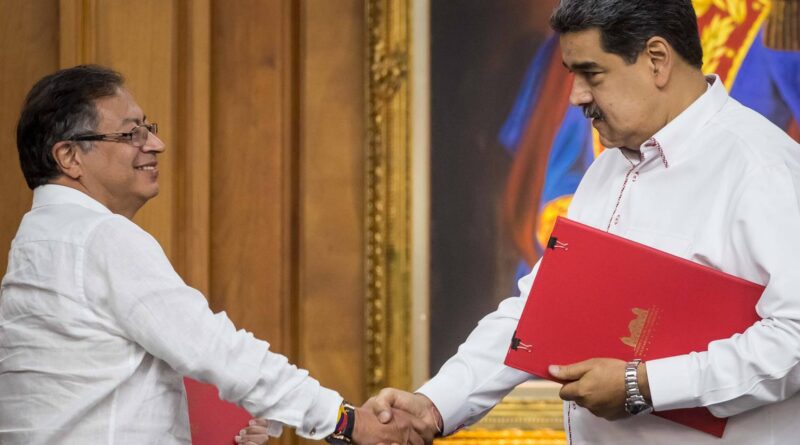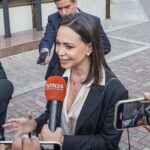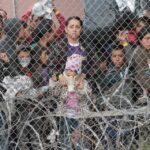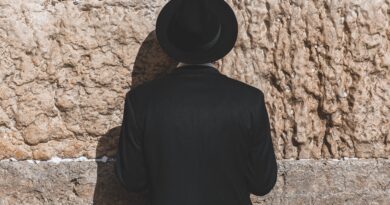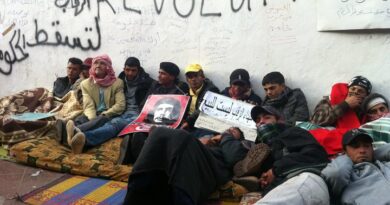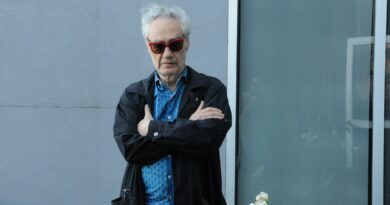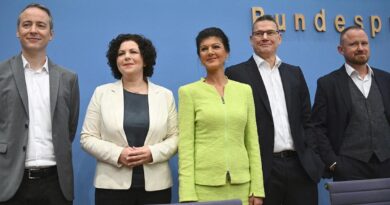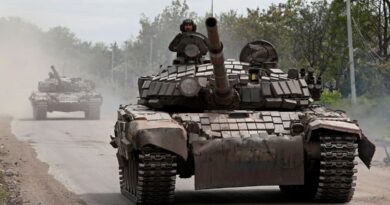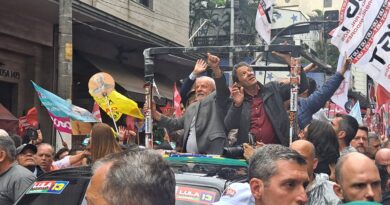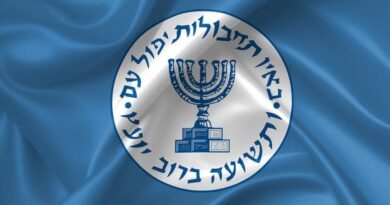Venezuela and Colombia reactivate one of the most dynamic bilateral relations in Latin America
CLODOVALDO HERNANDEZ
Caracas
The meeting of Presidents Nicolás Maduro and Gustavo Petro put an end to a three-year hiatus in the intense historical, commercial and, above all, human bond between the two South American nations
The summit in Caracas of the presidents of Venezuela and Colombia, Nicolás Maduro and Gustavo Petro, managed to restart one of the most intense bilateral relations on the continent, after three years of paralysis for political reasons.
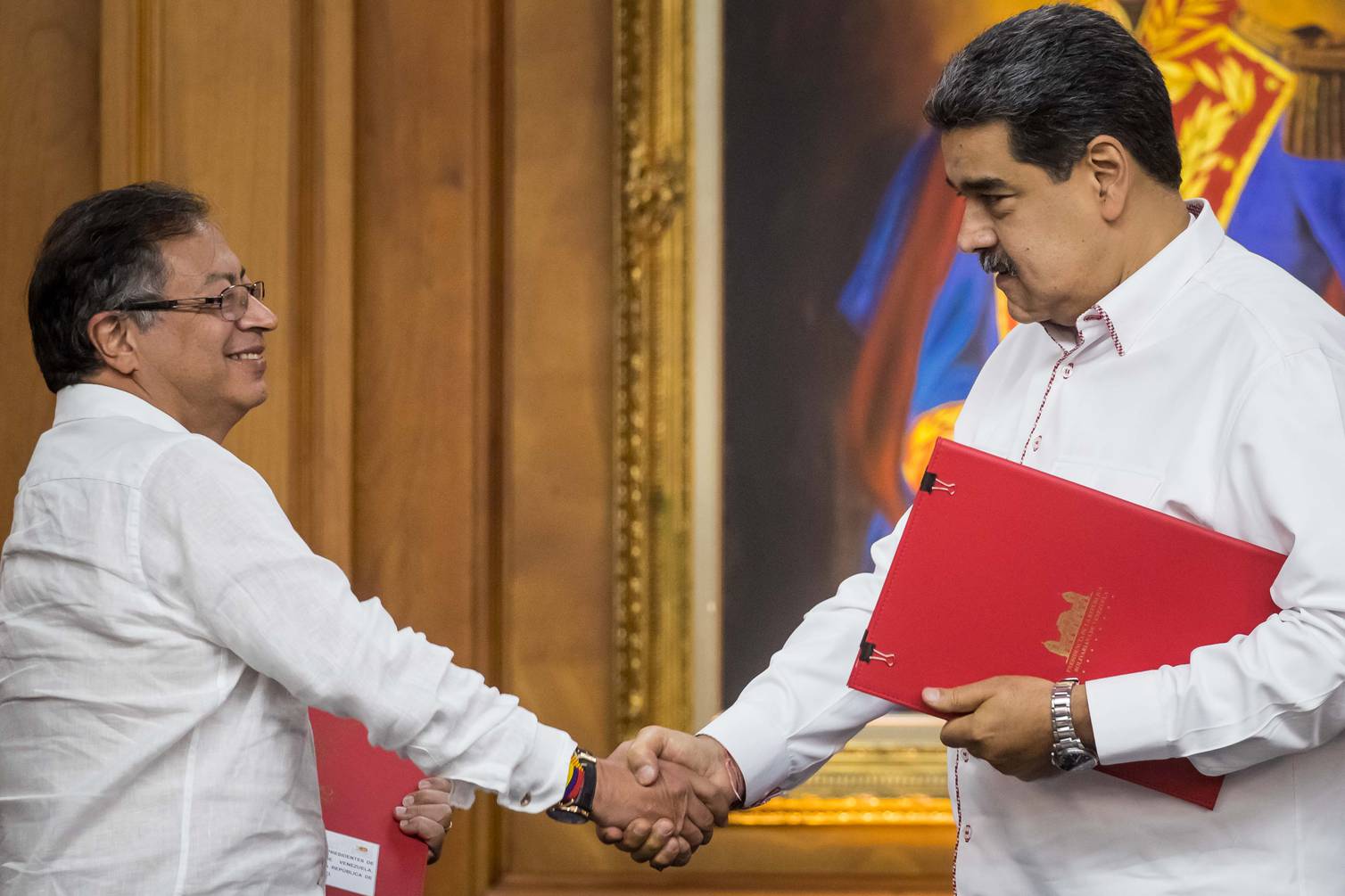
The connection had not only been broken in 2019, but had also experienced its worst moments in two hundred years of history, since the government of the right-wing Iván Duque was one of the bastions of the various operations aimed at removing Maduro from power. Among them was Operation Gideon, which had its base in the Colombian Caribbean and attempted to invade Venezuela with foreign mercenaries and dissidents from the Bolivarian National Armed Forces.
Petro's victory meant a 180-degree turn: it has translated into political actions on both sides aimed at reestablishing diplomatic, consular, security ties and, above all, commercial exchange in the shortest possible time.
Political pragmatism has prevailed in both governments, ignoring the differences in approach to various issues and forgetting opinions expressed in the heat of electoral campaigns and internal debates.
The reconciliation between the two nations has the support, also very pragmatic, of important business sectors of both countries, since the volume of bilateral transactions exceeded 6.000 million dollars in 2006, its year of greatest splendor in this century.
Even with closed borders and highly restricted operations, in the first half of this year, the exchange exceeded 380 million dollars. The expectations of a full reactivation are lost sight of, especially if the problem of smuggling is resolved, which only benefits the mafias and corrupt officials of both nationalities.
Historical roots and peace
In the speeches and documents there was a marked historical imprint. The two presidents underlined the common origin of Colombia and Venezuela, the fraternal bond bequeathed by Simón Bolívar and the other liberators, and the trajectory of two centuries of relations that, with ups and downs, have always been preserved.
Peace was another of the keywords of this binational conclave. And it is a point where, once again, they distance themselves from their respective oppositions, since Uribismo and the Venezuelan right have also coincided in recent years in their aversion for peaceful solutions, both for the long internal Colombian war and for for the so-called Venezuelan “political crisis”.
The search for peace did not emerge at the presidential summit as an entelechy, but was manifested in the treatment of one of the concrete expressions that violence has in the two countries: the situation of the extensive 2.219-kilometre border line, where they do of theirs irregular groups of different signs.
Petro had advanced in the days prior to the meeting his complaints about the illegal trade that traffics through the so-called trails (unauthorized steps) with the complicity of the authorities of the two countries. This has continued to happen despite the fact that one of the first bilateral agreements reached was the reopening of legal border transit points.
The top-level meeting showed that the two recently appointed ambassadors (Colombia's ambassador to Venezuela, Armando Benedetti, and Venezuela's ambassador to Colombia, Félix Plasencia) have worked hard to restore in a few months the broad agenda that the two countries had before the relationship breakup.
Among the pending issues are borders, security and defense; air transport; energy and oil issues; agricultural and agro-industrial exchanges; the appointment of consuls and the rehabilitation of consulates.
One of the aspects raised by Venezuela was the rescue of the Monómeros fertilizer company, owned by the state-owned firm Petróleos de Venezuela, which went bankrupt after being “taken over” by the interim government, with the collusion of the Duque administration. While this factory is getting ready again, the Venezuelan company Pequiven will send raw material to guarantee the production of these agricultural inputs, which supply a large part of the New Granada market.
The presidents seemed determined to be mutually willing to help each other with their respective peace talks. Petro predicted the "greatest success" in the resumption of the negotiating table between the Maduro government and the Venezuelan opposition, which was carried out under the auspices of Mexico and the mediation of Norway, but which has been paralyzed for a year. in protest of the Venezuelan Government for the extradition from Cape Verde to the United States of the diplomatic representative Alex Saab, who, by the way, is of Colombian origin.
Maduro, meanwhile, hoped that the central objective of total peace in Colombia would be achieved. The Government of Venezuela is already a guarantor at the negotiating table between Colombia and the National Liberation Army (ELN) and the FARC dissidents. The meeting between these parties to reactivate the negotiations was held recently in Caracas.
The meeting in Caracas, together with the recent electoral victory of Luiz Inácio Lula Da Silva, has boosted regional expectations for the reactivation of diplomatic mechanisms created outside the discredited Organization of American States (OAS), such as the Union of South American Nations (Unasur ) and the Community of Latin American and Caribbean States (CELAC), which were born during the wave of progressive governments in the first decade of the century and had been practically annulled by the right-wing executives who later exercised power in almost all the countries of the subcontinent.
Clodovaldo Hernandez He is a Venezuelan journalist. He received the Simón Bolívar Opinion Journalism Award 2022

